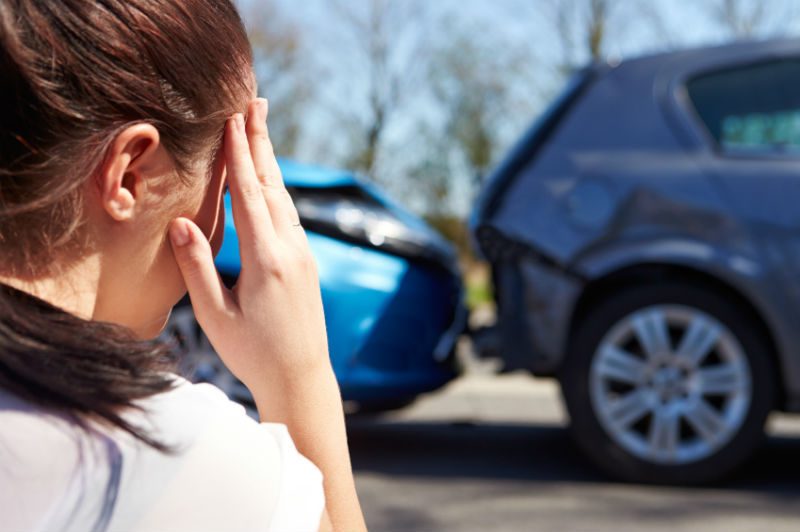April 28, 2015
When a friend, family member or coworker lends you their car, you likely take extra caution on the road. After all, calling them to say you were in an accident with their vehicle would be terrible! Unfortunately, accidents can happen no matter how careful you are, even when you are not driving your own car.
After getting in an accident while driving someone else’s car, your mind may be racing with questions. Who is liable? Is my insurance rate going to go up? Is the owner of the vehicle going to face legal trouble because of my negligence? Here, we explain more about automobile accident liability and what you should do if involved in an accident with someone else’s car.
The Driver Gets the Ticket
When you are involved in an at-fault traffic accident while driving someone else’s car, any citations issued will be in your name. For example, if you borrow your friend’s car and rear-end another vehicle, you may be issued a citation for careless driving. This means points will be assessed to your driver’s license unless you take action to keep your record clean.
The Vehicle Owner is Liable For Damage
While the driver will be responsible for paying any citations, the vehicle owner is typically responsible for damages. Florida has a law known as the “dangerous instrumentality doctrine,” which makes the owner of any “dangerous instrument,” such as a car, responsible for negligent use by anyone with access to it. This means that when you get in an accident with someone else’s car, the owner is responsible for filing a claim with their insurance company, paying the deductible, and, in some cases, dealing with increased rates.
Automobile insurance typically follows the car, but coverage depends on the car owner’s policy. In some cases, the car owner’s insurance will serve as primary coverage and the driver’s insurance will serve as secondary coverage. Before borrowing someone else’s car, ask what their policy entails and contact your insurance provider to learn more about your own policy.
When the Driver May be Liable
While the vehicle owner will be liable in most cases, there are exceptions. For example, if you borrow someone’s car without their permission, the owner is not responsible for your negligence because they did not make the decision to let you drive their car. If the vehicle owner can prove you took their car without permission, you will be liable for damages. Driving someone else’s car without their permission may also result in additional legal consequences if you do so while intoxicated or impaired.
When to Contact an Attorney
If you are involved in an automobile accident with someone else’s vehicle, contact an attorney immediately. While the vehicle owner will be liable in most cases, you may have to prove that you had permission to drive the car, which an experienced lawyer can help with. Additionally, as with any at-fault automobile accident, a lawyer can help you challenge a traffic citation and minimize legal consequences.
At Khonsari Law Group, our attorneys will fight to protect your rights and get you the best outcome possible after a traffic accident. Contact us for a free consultation today.


